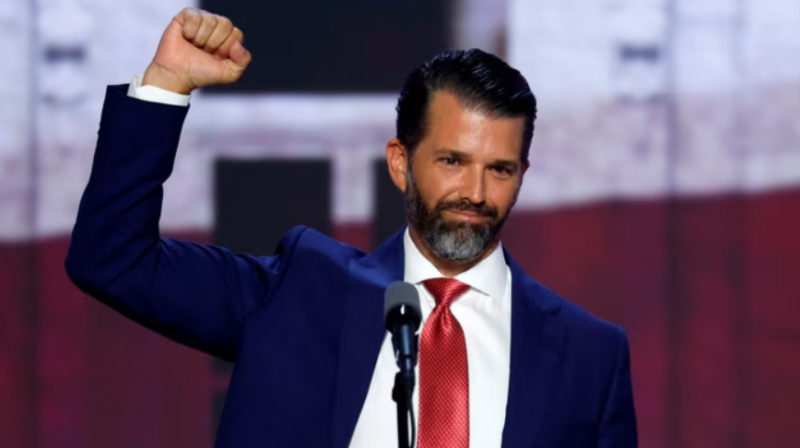
Donald Trump’s son has backed a proposed sports event for athletes using performance enhancing drugs as the US president shakes up health policy and sports governance.
The Enhanced Games, dubbed by critics as the “steroid Olympics”, announced on Thursday that Donald Trump Jr’s venture fund 1789 Capital would co-lead an investment round for the sports group.
The vision for the games is to allow athletes in the competition to use almost any legally available performance enhancing drugs in an effort to break world records. One person close to the deal said the fundraising round would raise double digit millions of dollars for the project.
“For over 100 years, elites in charge of global sports have stifled innovation, crushed individual greatness, and refused to let athletes push the limits of what’s possible. That ends now,” said Trump Jr.
“The Enhanced Games represent the future — real competition, real freedom, and real records being smashed.”
The Trump administration has championed an unorthodox agenda on drugs and health policy, driven by health secretary Robert F Kennedy Jr. Trump Jr is seen as a close advisor to his father but does not hold a formal position in the administration.
The games have already received financial support from tech investor Peter Thiel, another figure with close ties to the White House, crypto investor Balaji Srinivasan and Christian Angermayer, a German billionaire who is a leading investor in commercial psychedelics.
Aron D’Souza, president of the Enhanced Games, said: “We’re building something revolutionary — sports without hypocrisy, where the best can actually be the best.”
The Enhanced Games have yet to announce a host city or date for the competition. The games would include athletics, swimming, and “strength” events, although only one athlete, retired Australian Olympic team member James Magnussen, has enlisted in the games.
The Enhanced Games have emphasised the scientific grounding and pioneering nature of the contest. It has promised athletes they will receive comprehensive medical testing and supervision.
D’Souza told the FT that the games would be partly funded by advertising by pharmaceutical and biotech firms.









